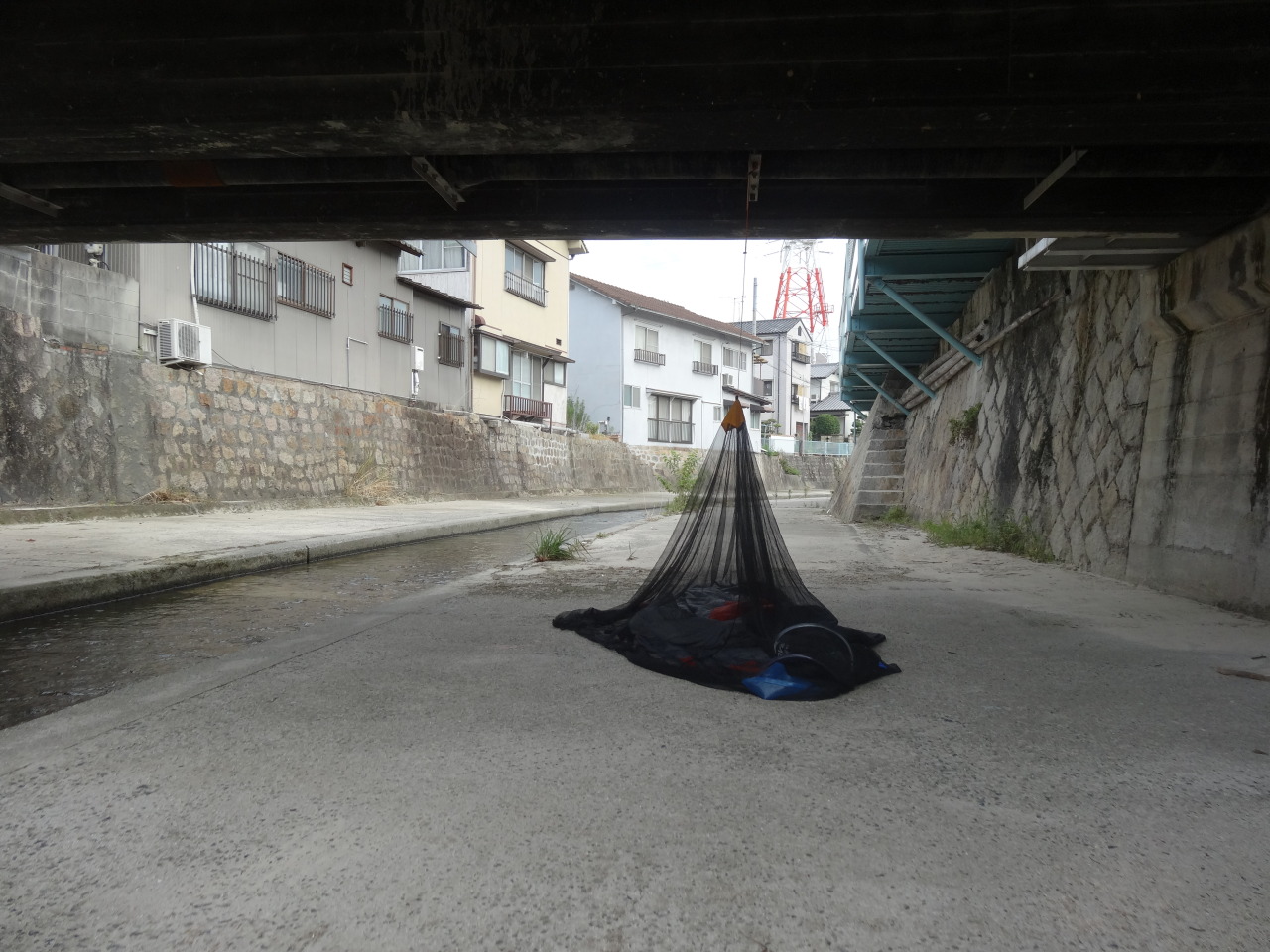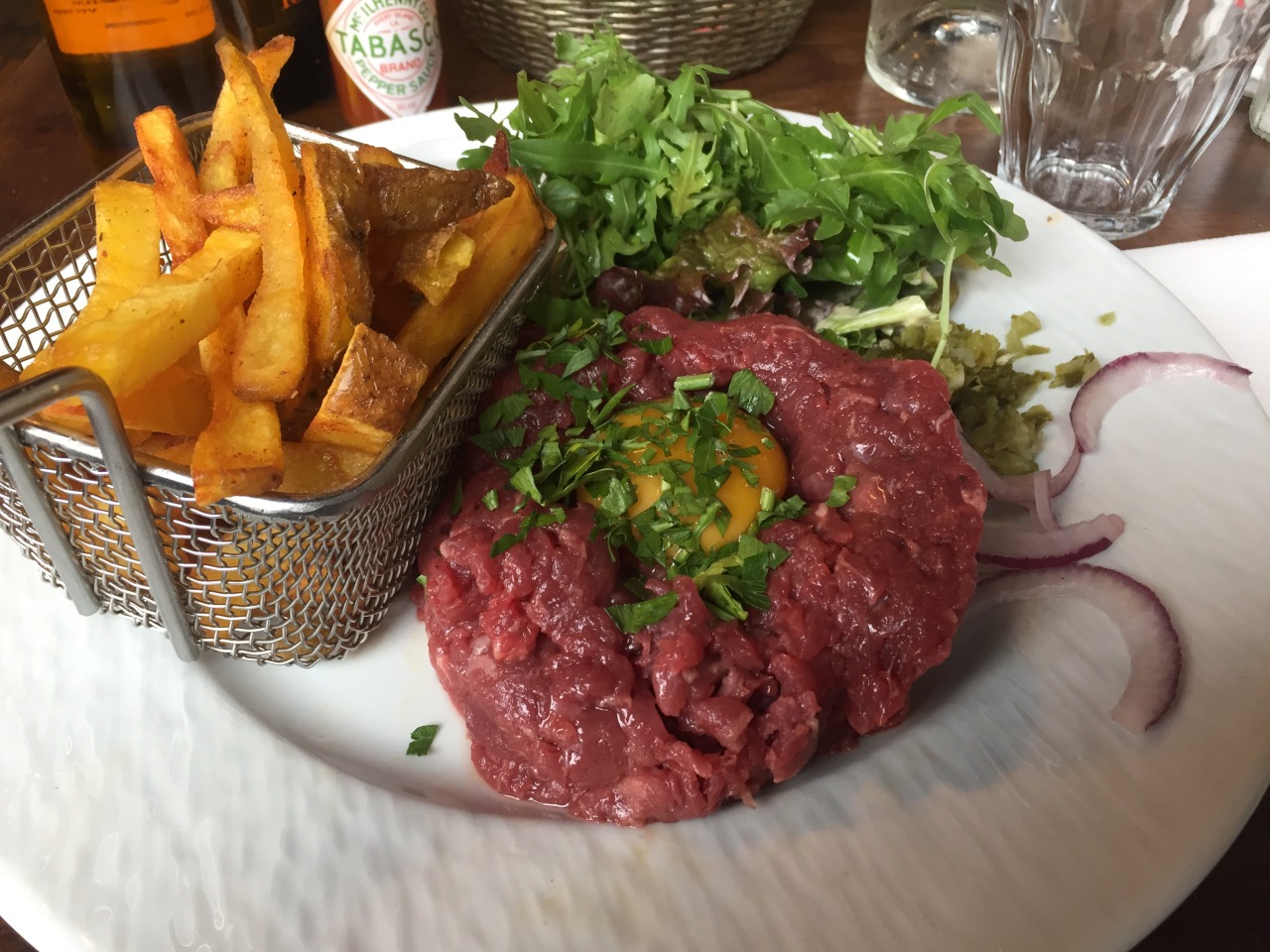De-Frechifying your English
Historically, America has been tied with French culture predominantly through our language but also through our fascination with that one European country that did refinement one better. For new scientific discoveries, we turn to Latin; for new luxuries, we turn to French.
However, the year or so I spent there shed new light on the idioms we use for things that simply just aren’t that French, at least not anymore. Little supported any of my preconceived notions of a society of neatly dressed Europeans with an air of pedigree in their gait, of the Old World romanticism still living and breathing in a dignified populace. The France I saw was inseparable from the streets pirated by the belligerent scar-ridden Rastafarian hobos whose compatibility with the society at large was on par with the dogs that accompanied them. The France I saw was full of pettiness, laziness, and wanton and easily had the best dining and tourism of anywhere I’d ever been before. It’s a beautiful country, though I don’t know if to the credit of anything done within the past hundred years. Much of the problem was that I lived in a particularly ghetto city.
This isn’t an attempt to challenge the English lexicon, just use of a theme, which serves as a vehicle for both enlightening and complaining in a way that is completely frank—a word stemming from francus meaning “free” and ultimately becoming the name of a country. So in this spirit, let’s learn a little about the France of today, through an unfair yet honest reconsideration of English phrases containing the word “French”.
HABITUDES
French kiss: They say that the French are a passionate people, but “unrestrained” is a bit more accurate. For a true French-style kiss, be sure to incorporate the visibility to the surrounding public; awkward hand placement not optional.
To french sth. to sb.: For those who don’t know what this is (most of my readership), it means to pass a (illicit) pill directly and discretely from one person’s mouth to someone else’s. I imagine the receiver isn’t always expected the exchange. In France, drug usage is so prevalent that there are probably numerous ways French people pass drugs to one another. For example, a guy at the tram stop who looks like a clown without any makeup on just sells them in broad daylight out of his jacket pocket.
French inhale: If you didn’t know the one above, you probably won’t know this one either. This is when you exhale smoke from your mouth while simultaneously inhaling it through your nose, essentially giving yourself a gray Hitler mustache for a second. Smoking, no doubt, is even more common than drug usage, and no one seems to try and get fancy with it. You can easily find teenyboppers lighting up outside, and even more surprising is that there really is no distinction between guys and girls. Smoking in France is in no way related to gender or age. Someone had said that in order to combat the epidemic, the government (maybe just the local one) banned ashtrays on tables outside to make smoking seem less convenient or maybe just less visible. Now people just put them on the ground.
French leave: It’s essentially being AWOL. I’d never heard of it before, it was just in the dictionary, but it makes a lot of sense.
Pardon my French: Just say whatever you want. There’s no safe place from hearing putain and merde.
French cut: Though usually reserved for green beans, I discovered that a real French cut involves going around the would-be next person in line to whichever cashier just opened up. Granted this only happened twice, but it’s two instances more than I’ve seen anywhere else.

CUISINE
French dressing: Salad dressing is weirdly limited to private labels; though what we consider French dressing was I think the one they called “traditional”.
French bread: Spot on. The baguette is completely and utterly French. After wiping their nose and handling money, the baker hands the loaf to you bare-hand to bare-hand. Have three or more? Just pile them up under your armpit like a stack of wood. It shouldn’t come as a surprise then that baguette actually means “stick”. Harry Potter uses a baguette magique, and when the Chinese take-away asks if you want a baguette, they don’t mean free bread, they mean chopsticks.
French toast: Americans, you’re doing it wrong. It should be made using rock-hard baguette slices (that’s why the French call it “lost bread”). Bite-size is the right-size.
French press: While these are easy to find, the French, like much of Europe, prefer their coffees tiny. Most of the cups look like engagement rings you can drink out of. No, not those novelty cups that look like engagement rings… it was… a joke about… being small… forget it.
French’s mustard: ♫Smile you got French’s tempera paint♫. This is what you’ll think about American mustard after eating France’s nostril-spanking Dijon variety.
French fries: Just called fries, but their fried potatoes cubes need to be imported ASAP.

EN VOGUE
French maid: The streets are filthy and the only prostitutes I saw were Eastern European and Subsaharan immigrants. If there are French maids, thay shure ain’t heer. I heard that in order to better protect vulnerable women, France made prostitution only illegal for the johns-side of the deal.
French blue: Neither the same color as what’s on their ever-beloved flag nor all that common in their clothing. The name probably was an attempt to classy-up a particular hue. In America, I remember noticing that every single person in one of my classes, without exception, was wearing blue jeans; yet in France, they’re still somewhat exotic. Though it’s common to see people wearing blue denim, it’s much less so than skirts, hosiery, and pseudo-slacks; the general color palette of any given crowd is generally browns, blacks, and grays. Shirts with the logo of Levi’s (pronounced like the plural of levy, the thing that Bob Dylan drove his Chevy to) were one of the biggest things trending over there, and the brand’s jeans are like $120 a pair in some stores.
French braid/manicure: From what I could tell, girls don’t fuss much with either.
French horn: They call it a “horn of harmony”, but I know you don’t care.
French doors: A lot of the exterior doors in my city and similar historical ones are often profound ten-footers of solid wood with hand-carved reliefs and affixed with stately pulls. Unfortunately unless they’re in a smaller, wealthier city like these in Avignon, they’ll likely have graffiti on them.

 Wild Camping in Japan
Wild Camping in Japan